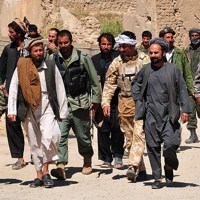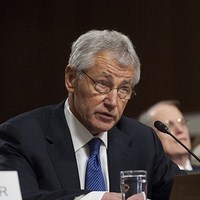
For months the most debated issue in Central Asia has been the U.S. withdrawal from Afghanistan and the many destabilizing forces it might unleash on the region—among them trafficking in drugs, arms and humans, but also Islamic radicalism. Local leaders and many analysts predict that a severe deterioration of the situation in Afghanistan after the U.S. departs would encourage Central Asian jihadists who had fled their home countries to return and destabilize local regimes. But assessing the current role of Islam and Islamism in Central Asia, and the evolution of Central Asian jihadist groups themselves, reveals that the threat has […]


